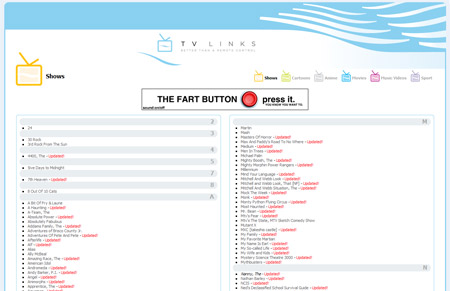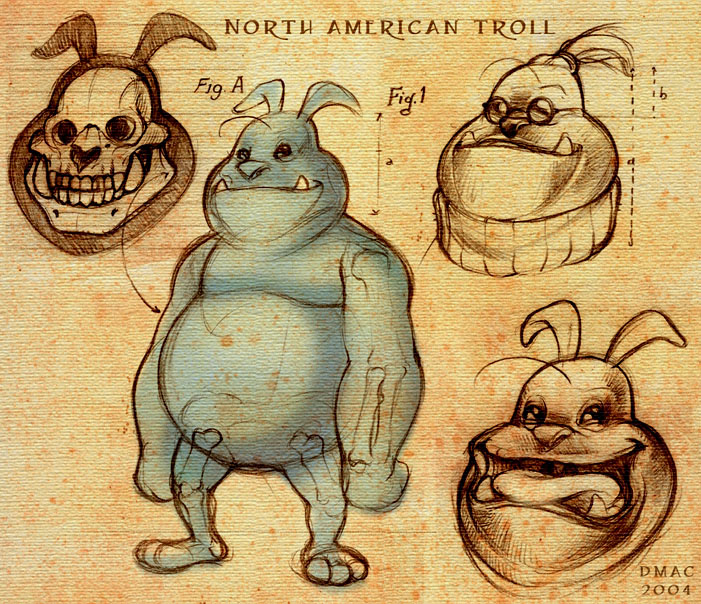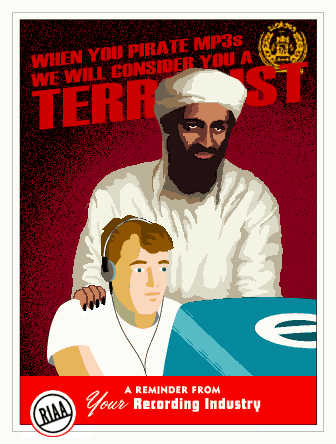 The dust is starting to settle in the widely publicised case of Bragg v. Linden Research, which was settled out of court for an undisclosed sum. However, one must assume that plaintiff Marc Bragg has done rather well out of the deal, as his alter ego Marc Woebegone has been restored to the virtual world.
The dust is starting to settle in the widely publicised case of Bragg v. Linden Research, which was settled out of court for an undisclosed sum. However, one must assume that plaintiff Marc Bragg has done rather well out of the deal, as his alter ego Marc Woebegone has been restored to the virtual world.
Mr Bragg is an attorney who exploited a vulnerability in Second Life's land auction system, which he then used to purchase $8,000 USD (approximately $2 million Linden dollars) worth of land for only $300 USD investment. Linden Labs froze his in-game assets, confiscated the land and terminated his account. Bragg sued Linden Labs for breach of contract, unfair trade practices, and later expanded his claims in order to obtain an injunction disallowing Linden Labs to terminate users' accounts (more details here). The case generated considerable interest because it seemed to be the first suit involving virtual property.
The first important legal question solved was a ruling by Judge Robreno denying a motion to compel arbitration. Second Life's terms of service contained an arbitration clause which read:
"Any dispute or claim arising out of or in connection with this Agreement or the performance, breach or termination thereof, shall be finally settled by binding arbitration in San Francisco, California under the Rules of Arbitration of the International Chamber of Commerce by three arbitrators appointed in accordance with said rules (...)"
Judge Robreno adequately ruled that such clause was unconscionable as the agreement was an adhesion contract that imposed unduly punitive and expensive restrictions on user's remedies. As current and former students know, I always repeat that in this side of the Atlantic such clause is inherently unfair under the
Unfair Contract Terms Regulations.
Besides the arbitration woes, this suit asked a couple of particularly interesting legal questions. Firstly, is virtual property analogous to real property, and therefore would property owners be owed some form of compensation in case of confiscation? Secondly, is the use of a game exploit reason enough to cancel an account? In other words, are game exploits hacking? It is a pity that we are not going to get a judgement on these questions. However, I have to say that I hold no sympathy for either party. Nic Suzor
has made an excellent point about Linden Labs' behaviour, stating that "
You simply can’t encourage people to invest and ‘own’ virtual land, run around telling them that they can make lots of money, and then act as if they have no interest in it whatsoever." Similarly, Bragg is a cheat, and I do believe that his behaviour is more akin to fraud and hacking than to innocently exploiting an in-game vulnerability. Normal game cheats do not allow you to obtain a profit of more than $7,000 USD.
Bragg's protestations sound hollow. He's on record saying that: "
If they're not running their auctions properly to begin with ... the onus is on them to do that". Oh, really? Imagine a hacker using that excuse about a bank's security, or a phisher uttering such words about a consumer, and you will see how Bragg's behaviour is not only morally suspect, it could be even criminal.
Pah, who wants to buy land in Second Life anyway?

 del.icio.us
del.icio.us










